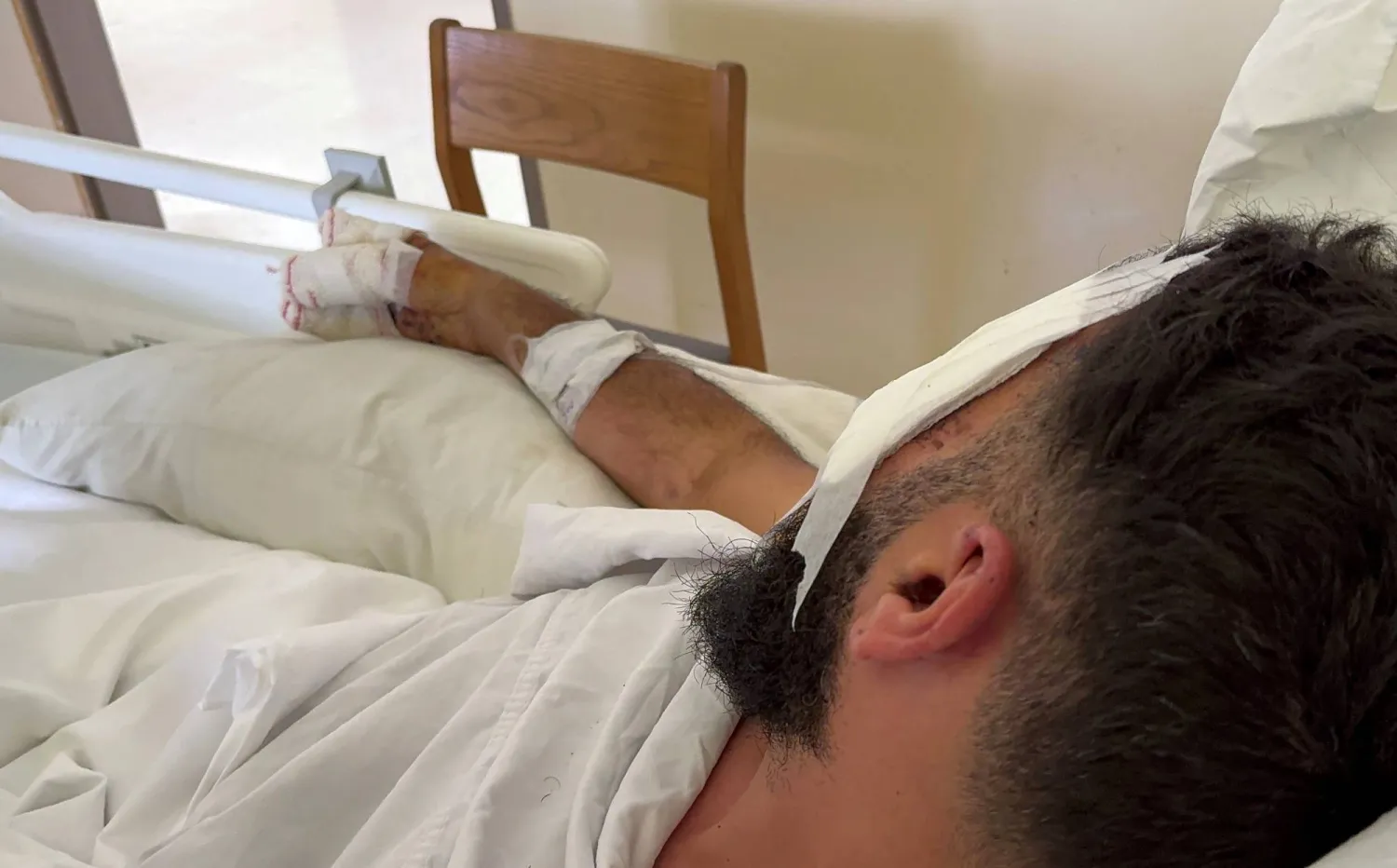Norway's security police (PST) have begun a preliminary investigation into reports that a Norwegian-owned company was linked to the sale of pagers to Lebanon’s Hezbollah that exploded last week, a police lawyer told Reuters.
Over a two-day period last week, thousands of pagers, as well as walkie-talkies used by Hezbollah operatives, blew up in Lebanon, killing at least 39 people and wounding thousands. The attacks were widely believed to have been carried out by Israel, which has neither confirmed nor denied its involvement.
It is not clear how and when the pagers were weaponized so they could be remotely detonated. Taiwan, Hungary and Bulgaria are already investigating possible links in the supply chain.
"PST has initiated a preliminary investigation to determine whether there are reasons for starting a (full) investigation on the basis of allegations in the media that a Norwegian-owned company may have been involved in the dissemination of pagers to Hezbollah," PST lawyer Haris Hrenovica said in a text message to Reuters.
Earlier he told Norwegian news agency NTB that the police had no specific suspicions at this time.
Bulgarian authorities said last week they were investigating Sofia-based company Norta Global Ltd after a Hungarian media report that it was involved in facilitating the sale of the pagers.
The company was founded in 2022 by Norwegian citizen, Rinson Jose, 39, according to Bulgaria's corporate registry. He signed the company's articles of association at the Bulgarian consulate in Oslo, the documents reviewed by Reuters showed.
Jose declined to comment on the pagers when reached by phone last Wednesday and hung up when asked about the Bulgarian business. He did not return repeated calls and text messages.
When Reuters tried to call him on Tuesday this week, the call was directed to an answering service.
Jose's Linkedin profile shows he has been employed by DN Media Group since February 2020. DN Media Group said he worked in the sales department and that he left for a conference in Boston on Sept. 17.
He last contacted his colleagues by email on Sept. 18, according to Norwegian media. His employer told Reuters it had not been able to reach him since.
Reuters has found no evidence linking Norta Global to the DN Media Group.
Norway Starts Probe into Reported Links to Exploding Pagers in Lebanon

A man, who was wounded when pagers used by Hezbollah detonated on Tuesday across Lebanon, receives treatment at Sidon Governmental Hospital, in Sidon, Lebanon September 20, 2024. REUTERS/Ali Hankir

Norway Starts Probe into Reported Links to Exploding Pagers in Lebanon

A man, who was wounded when pagers used by Hezbollah detonated on Tuesday across Lebanon, receives treatment at Sidon Governmental Hospital, in Sidon, Lebanon September 20, 2024. REUTERS/Ali Hankir
لم تشترك بعد
انشئ حساباً خاصاً بك لتحصل على أخبار مخصصة لك ولتتمتع بخاصية حفظ المقالات وتتلقى نشراتنا البريدية المتنوعة







